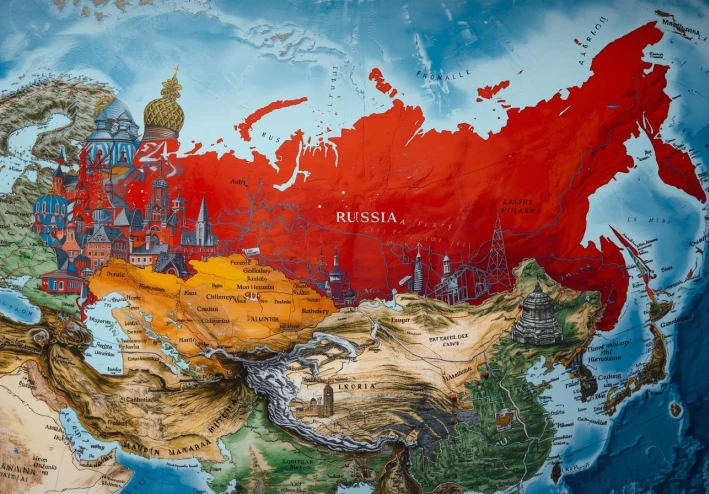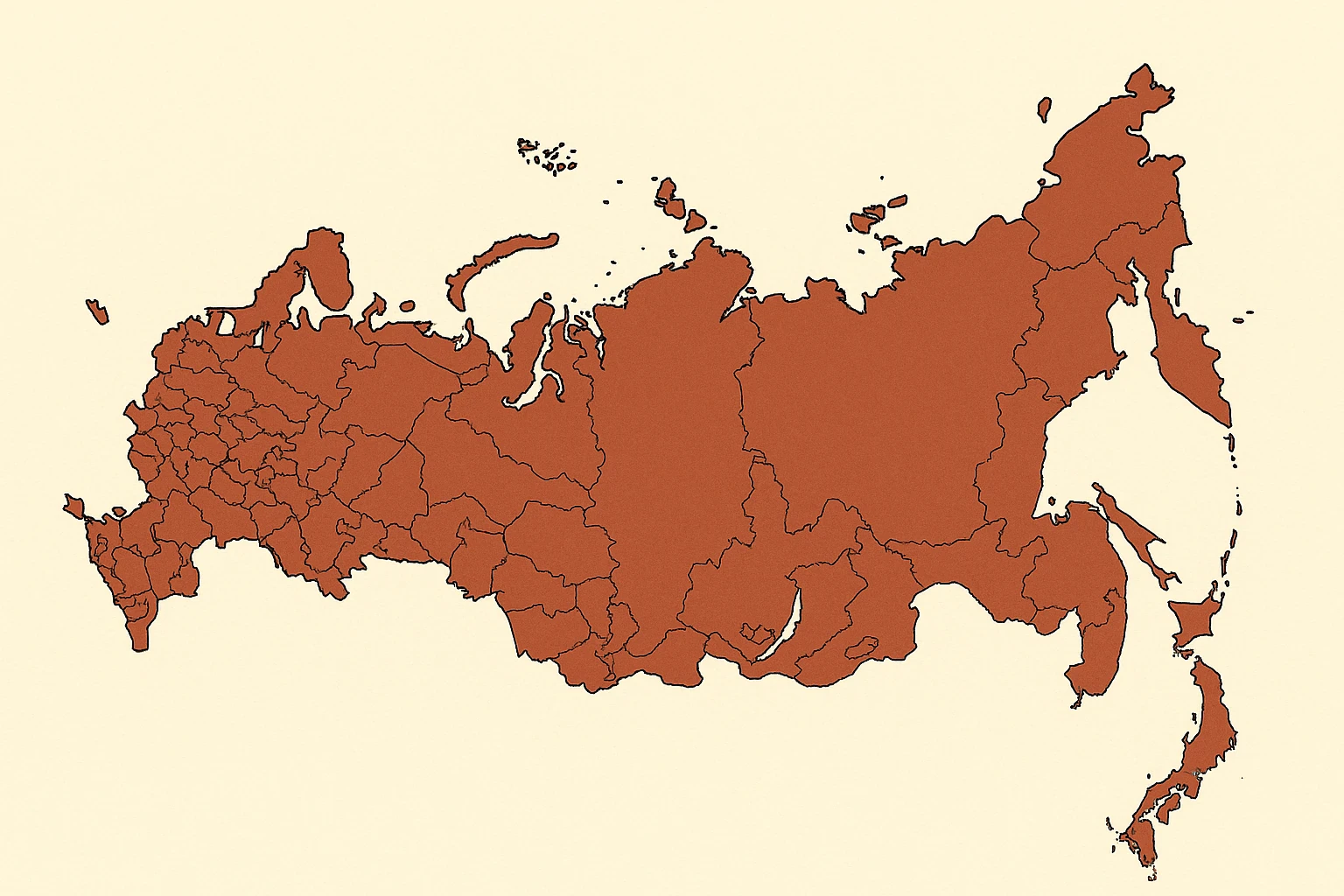
Russia: The Biggest Country in the World
Russia, the world’s largest country, is a land of immense beauty, power, and diversity. Spanning across Eastern Europe and Northern Asia, Russia covers more than 17 million square kilometers, making it the biggest nation on Earth. Its vastness stretches from the icy Arctic Ocean in the north to the warm shores of the Black Sea in the south. Russia’s geography, culture, and history are as enormous and complex as its size, creating a nation that fascinates the world with its 
One of the most remarkable features of Russia is its diverse geography. The country includes some of the planet’s most famous natural landmarks — the Ural Mountains, which separate Europe from Asia, the Siberian taiga, which holds the world’s largest forest, and Lake Baikal, the deepest and oldest freshwater lake on Earth. From the frozen tundra of the north to the rolling plains and fertile farmlands of the south, Russia’s landscapes are a mix of extremes. These environments have shaped the lifestyles, traditions, and even the architecture of the Russian people for centuries.
Culturally, Russia is one of the world’s richest and most influential nations. The country gave birth to legendary writers like Leo Tolstoy, Fyodor Dostoevsky, and Anton Chekhov, whose works are studied worldwide. In music and art, Russia produced geniuses such as Tchaikovsky, Rachmaninoff, and Kandinsky, who changed global artistic movements. Russian culture blends ancient Slavic traditions with modern creativity, reflecting both the struggles and triumphs of its people. Festivals, ballets, and theaters across Moscow and St. Petersburg keep these traditions alive, drawing millions of visitors each year.
Economically, Russia is one of the biggest powers on the global stage. It is rich in natural resources such as oil, natural gas, coal, and minerals. These resources make Russia a leading energy exporter, influencing international markets and politics. Agriculture and industry also play key roles, with Russian wheat and machinery exported to countries around the world. Despite challenges like sanctions and political tensions, Russia continues to maintain a strong economy, using innovation and trade partnerships to sustain its growth.
Historically, Russia’s story is one of empire and endurance. From the rise of the Tsars to the establishment of the Soviet Union, Russia has experienced revolutions, wars, and massive transformations. The fall of the Soviet Union in 1991 marked a turning point, giving birth to the modern Russian Federation. Today, Russia plays a major role in global affairs, with a strong military and significant political influence in regions like Eastern Europe, the Middle East, and Asia. Its history of resilience has made the Russian people proud, determined
Tourism in Russia continues to grow, attracting millions of travelers each year. Visitors are drawn to the icon,Kremlin, and the colorful Saint in MoscSt. Pete, withHermitage Museum. Beyond theTra
In conclusion, Russia is more than just the biggest country—it is a land of strength, culture, and natural beauty. Its enormous territory, rich history, and powerful global presence make it one of the most influential nations on Earth. From icy Siberia to the vibrant streets of Moscow, Russia remains a symbol of endurance and greatness. The story of Russia continues to inspire awe, reminding the world of the remarkable diversity and depth of the largest nation on our planet






























